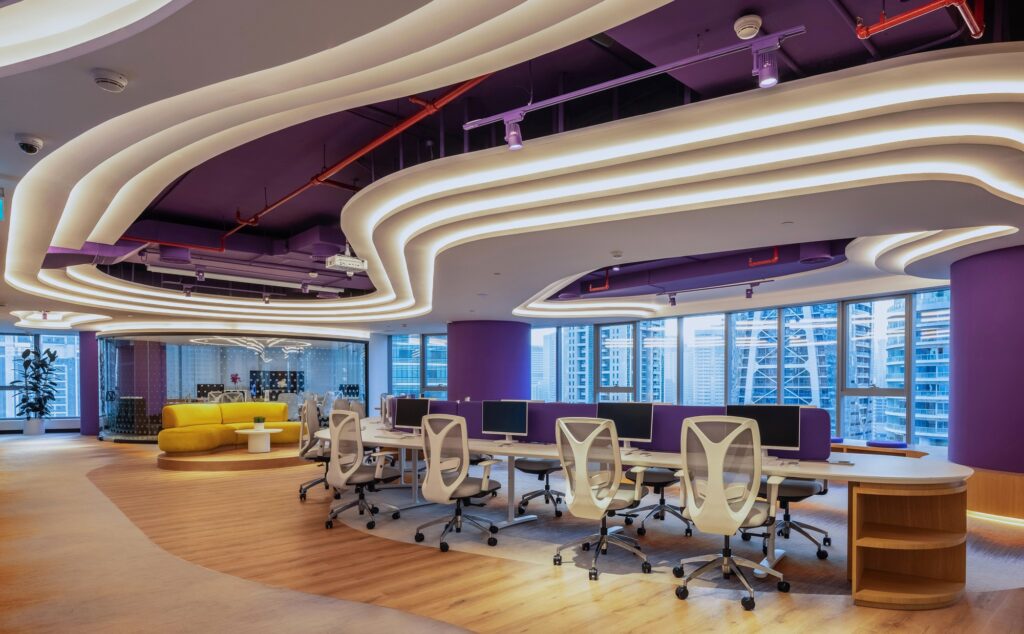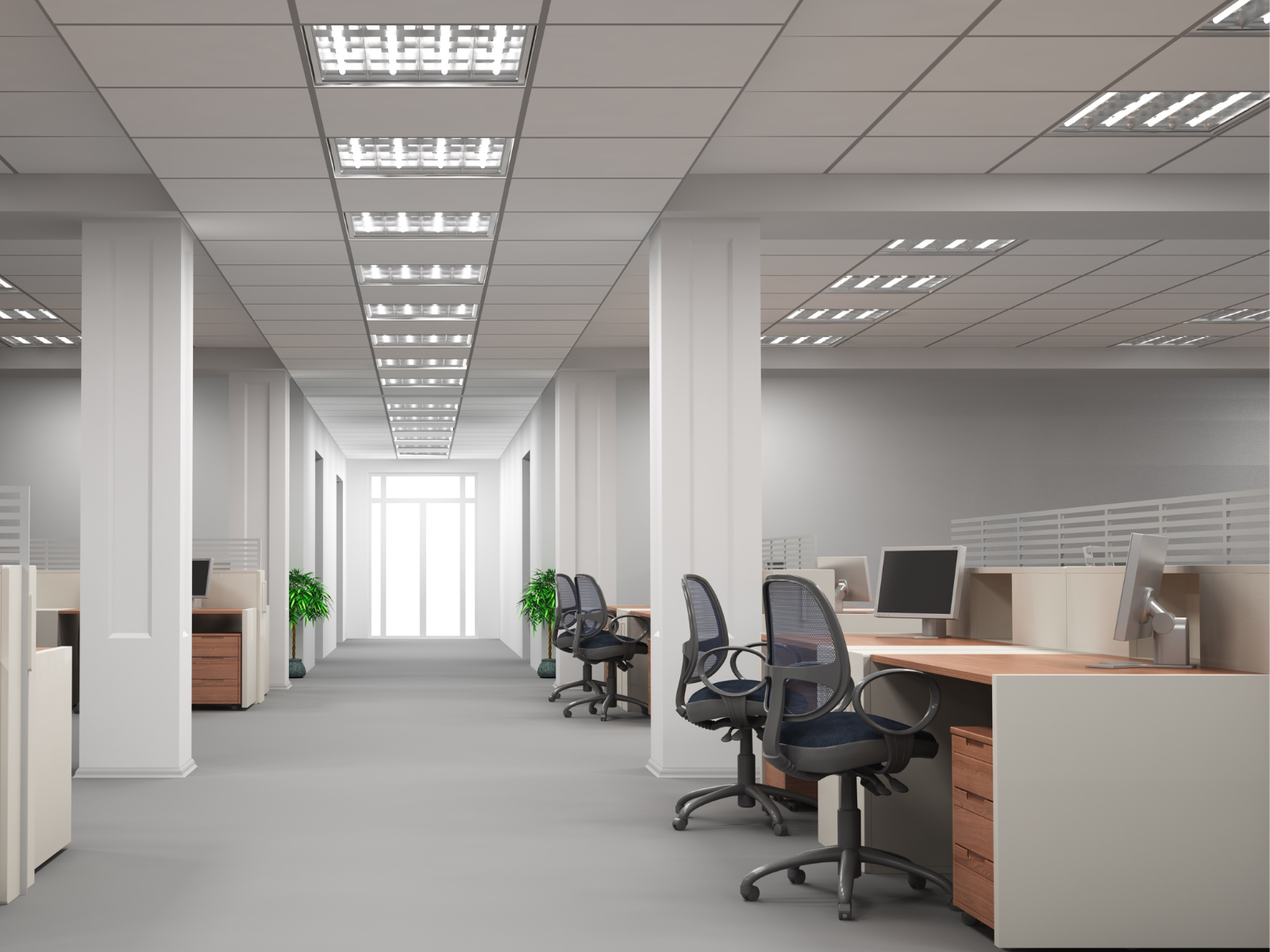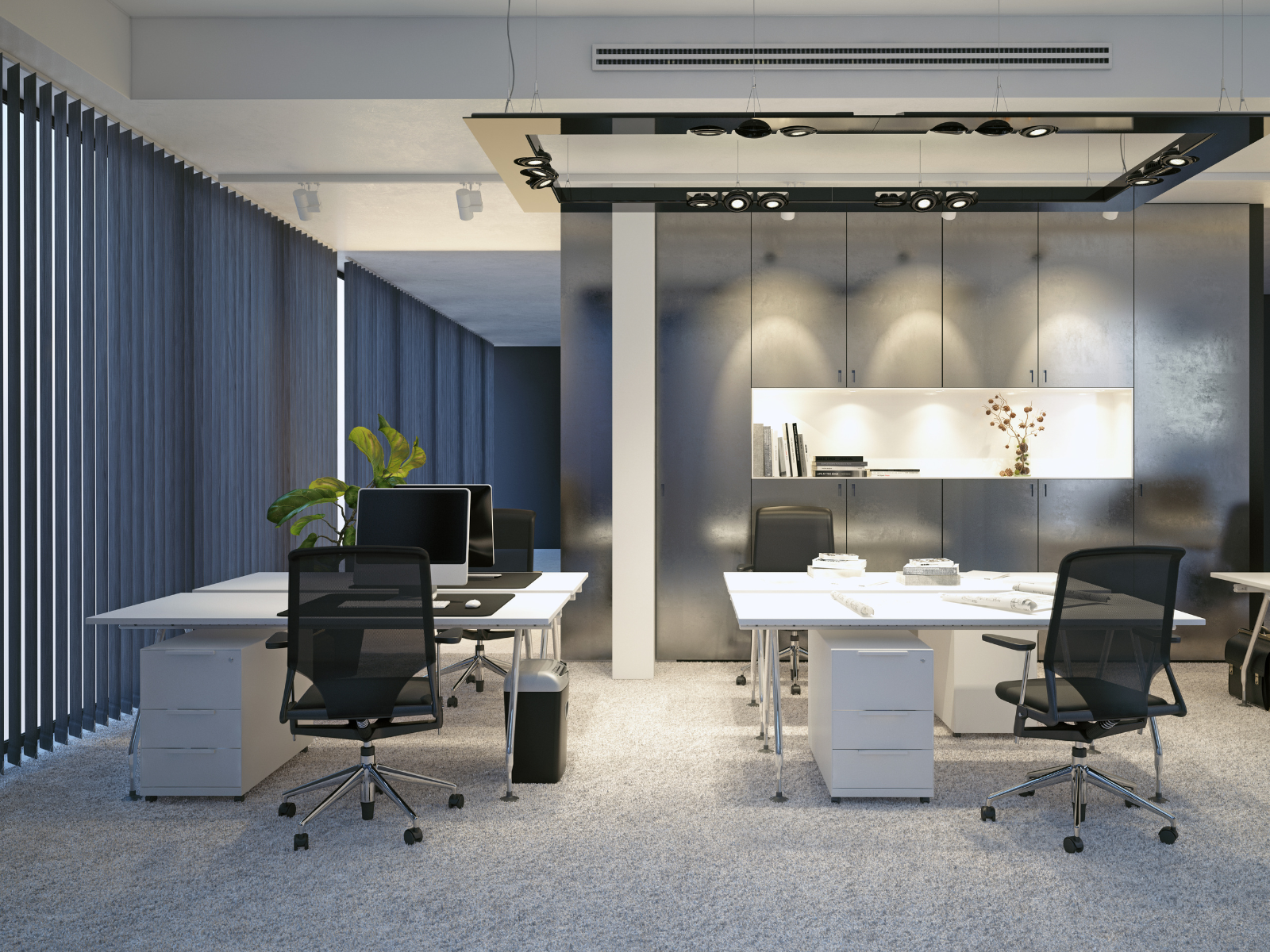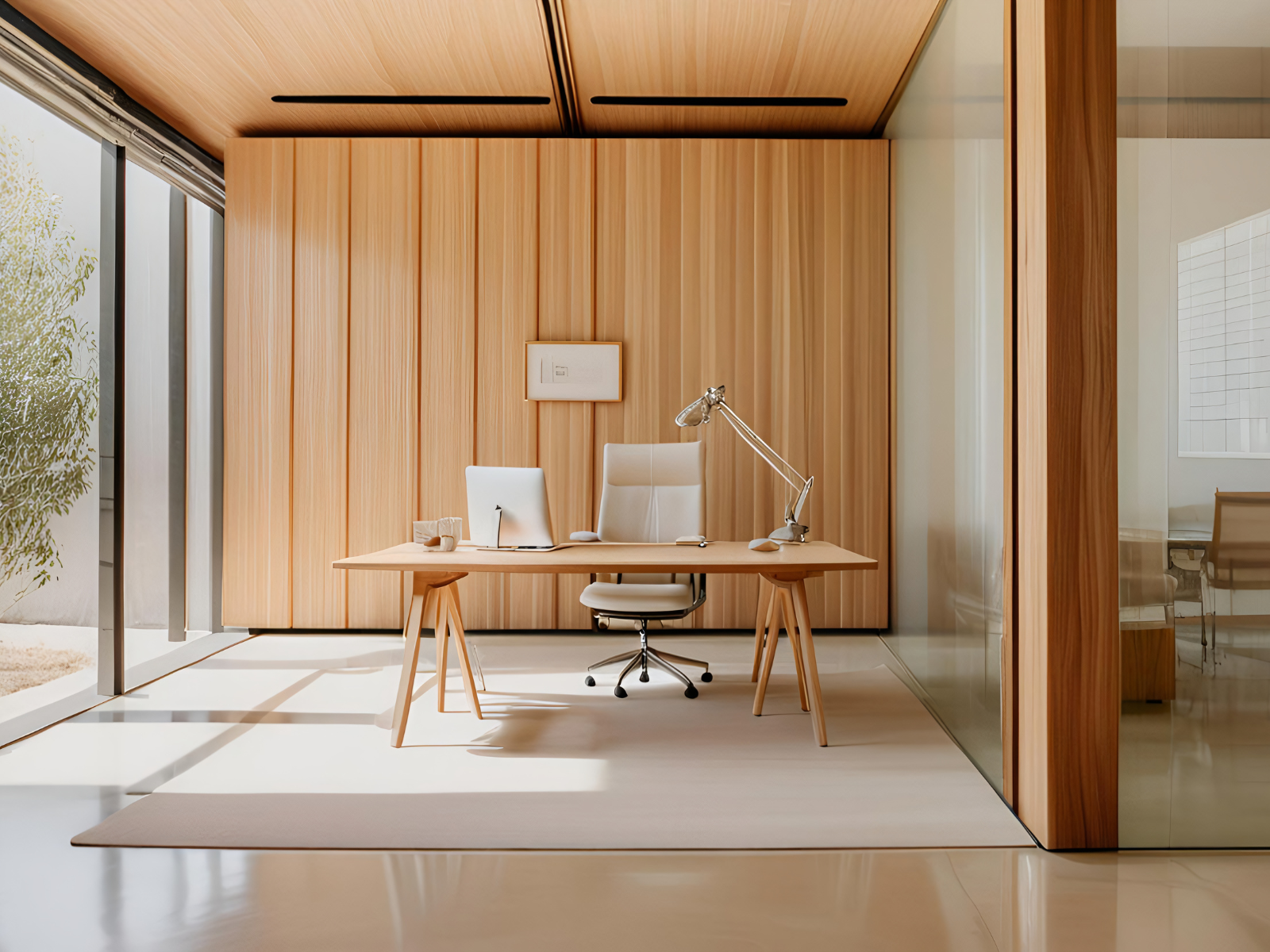Dubai, a thriving global business hub, is a beacon for organizations seeking a dynamic environment to establish or expand operations. Among the various options for office spaces, serviced offices and traditional offices in Dubai are two prominent choices. Each comes with its unique set of benefits and challenges, catering to different business models and goals. This comprehensive guide delves into the essential factors businesses must consider when deciding between these two types of offices in Dubai.

Understanding the Basics
What is a Serviced Office?
A serviced office is a fully furnished and managed workspace that businesses can lease on flexible terms. It offers essential amenities like high-speed internet, meeting rooms, reception services, and communal areas. Serviced offices are designed for immediate occupancy, providing a plug-and-play solution that allows businesses to operate without delays.
What is a Traditional Office?
In contrast, a traditional office is typically leased unfurnished on a long-term basis. Businesses renting traditional offices are responsible for setting up the workspace, arranging utilities, and managing maintenance. While this option requires a significant upfront investment, it offers complete control over the office’s design and functionality.
Key Differences Between Serviced Offices and Traditional Offices in Dubai
| Feature | Serviced Office | Traditional Office |
|---|---|---|
| Lease Terms | Flexible (monthly to yearly) | Long-term (1-5 years or more) |
| Furnishing | Fully furnished | Unfurnished |
| Amenities | Includes utilities, internet, cleaning | Requires separate arrangements |
| Management | Handled by service provider | Managed by tenant |
| Cost Structure | All-inclusive monthly fee | Rent plus additional expenses |
| Customization | Limited customization | High customization potential |
| Scalability | Easy to scale up or down | More challenging to adjust |
Factors to Consider When Choosing Offices in Dubai
1. Business Needs and Growth Plans
Your business model and growth trajectory play a pivotal role in choosing between offices in Dubai.
- Startups and SMEs: If flexibility is crucial, serviced offices are an excellent option. They provide short-term lease options that adapt to your changing needs.
- Established Businesses: Larger companies with stable growth forecasts may prefer traditional offices for the opportunity to design a customized workspace.
2. Cost Considerations
Cost is often a significant factor for businesses.
- Serviced Offices in Dubai: While the monthly fees are higher, they cover utilities, maintenance, and other services, eliminating the need for upfront capital investments.
- Traditional Offices: These often have lower monthly rents but involve significant initial costs for furnishing, equipment, and setup. Long-term leases may be more cost-effective in the long run.
3. Location Preferences
The location of your office impacts accessibility, client perception, and operational efficiency.
- Serviced Offices: Often situated in prime business districts in Dubai, such as Downtown Dubai, Dubai Marina, or Business Bay, these offices enhance brand image and accessibility without the commitment of long-term leases.
- Traditional Offices: These are available across a wider range of locations, giving you the flexibility to choose based on your budget and operational requirements.
4. Flexibility vs. Stability
Your preference for flexibility or stability will guide your decision:
- Serviced Offices: Offer unmatched flexibility, enabling businesses to scale up or down as needed.
- Traditional Offices: Provide stability through long-term leases, which are ideal for businesses with predictable growth trajectories.
5. Amenities and Services
Access to amenities is a critical consideration.
- Serviced Offices: Come with a host of amenities like IT support, cleaning services, receptionists, and shared meeting rooms, ensuring businesses can focus on core operations.
- Traditional Offices: Require businesses to arrange their own services, potentially increasing setup and operational costs.
Advantages of Serviced Offices
- Immediate Availability: Ready-to-use workspaces reduce downtime.
- Lower Upfront Costs: No need for significant initial investment in furniture or infrastructure.
- Flexibility in Lease Terms: Ideal for businesses needing short-term solutions.
- Networking Opportunities: Shared environments foster collaboration with other tenants.
- Comprehensive Support: Maintenance and administrative tasks are managed by the provider.
Disadvantages of Serviced Offices
- Higher Monthly Costs: The convenience comes with a premium price.
- Limited Customization: Restrictions on altering the office layout or decor.
- Shared Facilities: Communal areas may compromise privacy.
Advantages of Traditional Offices
- Complete Control Over Space: Businesses can design offices tailored to their branding and operational needs.
- Potentially Lower Long-Term Costs: May be more cost-effective for long-term leases.
- Stability: Fixed lease terms provide predictability in costs and operations.
Disadvantages of Traditional Offices
- Upfront Investment: Requires significant capital for setup.
- Long-Term Commitment: May not suit businesses with uncertain growth trajectories.
- Management Responsibilities: Tenants must handle utilities, maintenance, and other administrative tasks.
Making Your Decision
When deciding between serviced and traditional offices in Dubai:
- Assess Business Needs: Consider your current operational requirements and future growth plans.
- Calculate Costs: Evaluate the total cost of ownership for each option, including setup expenses for traditional offices versus the all-inclusive fees of serviced offices.
- Location Strategy: Determine whether a prestigious address or a budget-friendly location aligns better with your business goals.
- Flexibility vs. Stability: Decide if you value the flexibility of a short-term lease or the stability of a long-term commitment.
- Evaluate Amenities: Identify the essential services your business needs and factor them into your decision.
Frequently Asked Questions
Q1: What is the main difference between serviced offices and traditional offices?
A1: Serviced offices are fully furnished, managed workspaces with flexible lease terms, while traditional offices are typically unfurnished spaces leased long-term, requiring tenants to manage setup and maintenance.
Q2: Which type of office is more cost-effective?
A2: Serviced offices are cost-effective for short-term needs due to lower initial costs, while traditional offices may be more economical for long-term leases.
Q3: Can I customize a serviced office?
A3: Customization options are limited for serviced offices, as they come pre-furnished. Minor adjustments may be possible depending on the provider.
Q4: How quickly can I move into a serviced office?
A4: Serviced offices are typically ready for immediate occupancy upon signing the lease.
Q5: Are there networking opportunities in serviced offices?
A5: Yes, many serviced office providers foster a collaborative environment, enabling tenants to network with other businesses.
Conclusion
Choosing between serviced offices and traditional offices in Dubai depends on your business needs, growth trajectory, and budget. While serviced offices offer flexibility and convenience, traditional offices provide control and long-term cost efficiency. By thoroughly analyzing your requirements, you can make an informed decision that supports your success in Dubai’s competitive business environment.
Mazen Alzoubi – Commercial Consultant
Other Useful Links








